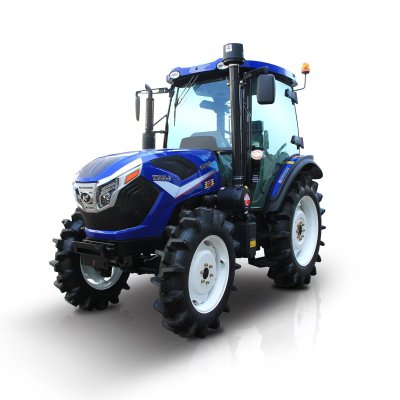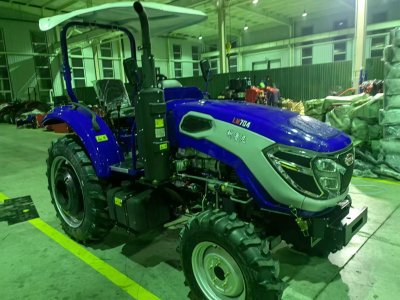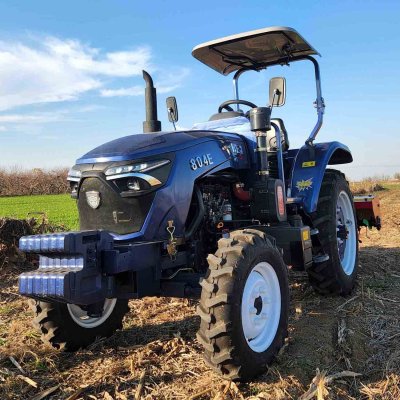How do I choose a tractor?
In the dynamic world of agriculture, choosing the right tractor is crucial for farmers to enhance productivity and streamline operations. With a plethora of options available in the market, making an informed decision can seem daunting. Here are some key factors to consider when embarking on the tractor - selection journey.
Power and Horsepower Requirements
The first aspect to evaluate is the power needed for your farming tasks. This is determined by the size of your land and the nature of the work. For small - scale farms with less than 50 acres, a compact tractor in the range of 20 - 50 horsepower might be sufficient. These tractors are ideal for light - duty jobs like mowing, tilling small gardens, and basic landscaping. However, if you have a large - scale operation spanning hundreds of acres, you'll likely need a high - horsepower tractor, perhaps 100 horsepower or more. Such tractors can handle heavy - duty tasks such as deep plowing, pulling large trailers, and operating large - scale harvesting equipment.
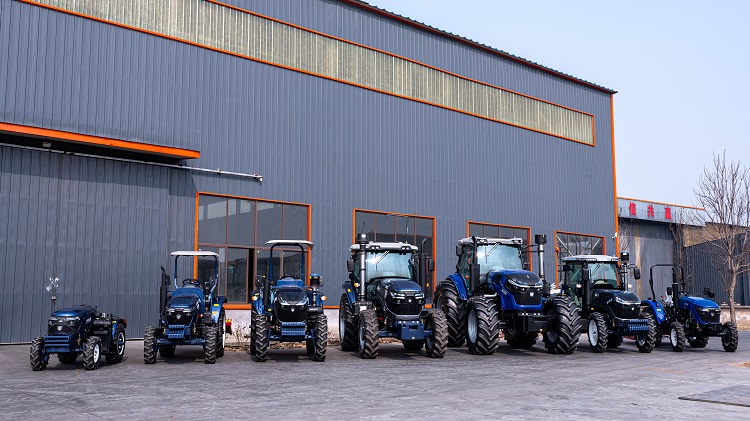
Terrain and Field Conditions
The type of terrain on your farm plays a significant role in tractor selection. If your land has hilly areas, a tractor with four - wheel drive (4WD) is essential for better traction and stability. 4WD tractors can navigate slopes more safely and efficiently, reducing the risk of tipping over. In contrast, for flat and well - drained fields, a two - wheel drive tractor may be adequate. Additionally, consider soil conditions. In areas with soft or muddy soil, tractors with wide, low - pressure tires are better as they distribute the tractor's weight more evenly, preventing excessive soil compaction and getting stuck.
Attachments and Implement Compatibility
Modern tractors are designed to work with a variety of attachments and implements. Before purchasing, think about the specific tasks you need to perform. If you plan to do a lot of tilling, you'll need a tractor that can accommodate different types of plows and tillers. For seeding, ensure the tractor can be connected to a suitable seeder. Some tractors come with quick - hitch systems, which make it easier to attach and detach implements, saving valuable time during operations. The ability to use multiple attachments expands the tractor's functionality and versatility on the farm.

Reliability and Brand Reputation
Investing in a reliable tractor is a long - term decision. Research different tractor brands and their reputations for reliability. Look for brands with a history of producing durable machines that require minimal maintenance. Reading customer reviews, industry reports, and consulting with other farmers can provide valuable insights. A reliable tractor not only reduces downtime but also saves on repair costs in the long run. Brands that offer good after - sales service, including easy access to spare parts and trained technicians, are also highly desirable.
Cost - Consideration
Cost is, of course, a major factor. Tractors vary widely in price depending on horsepower, features, and brand. While it may be tempting to go for the cheapest option, it's important to balance cost with quality and functionality. Consider the total cost of ownership, which includes not only the purchase price but also fuel consumption, maintenance, and repair costs over the tractor's lifespan. Sometimes, investing a bit more upfront in a higher - quality tractor can result in significant savings in the long term due to its better performance and durability.
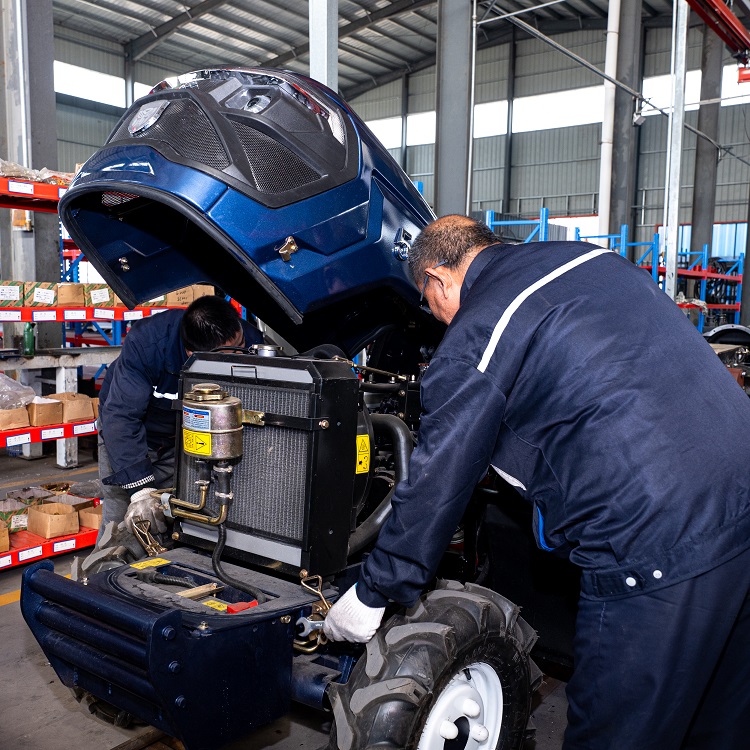
By carefully weighing these factors - power requirements, terrain adaptability, implement compatibility, reliability, and cost - farmers can make a well - informed decision when choosing a tractor. This ensures that they have the right equipment to meet the demands of their agricultural operations and drive their farms towards greater success.

